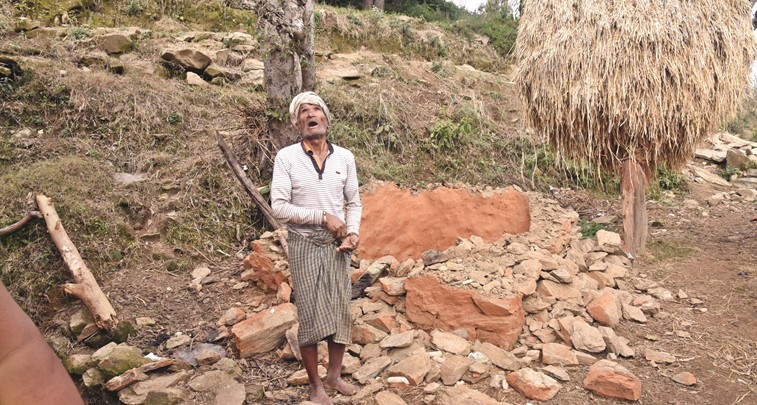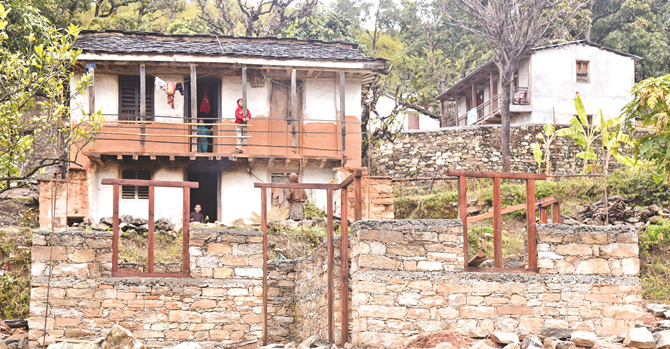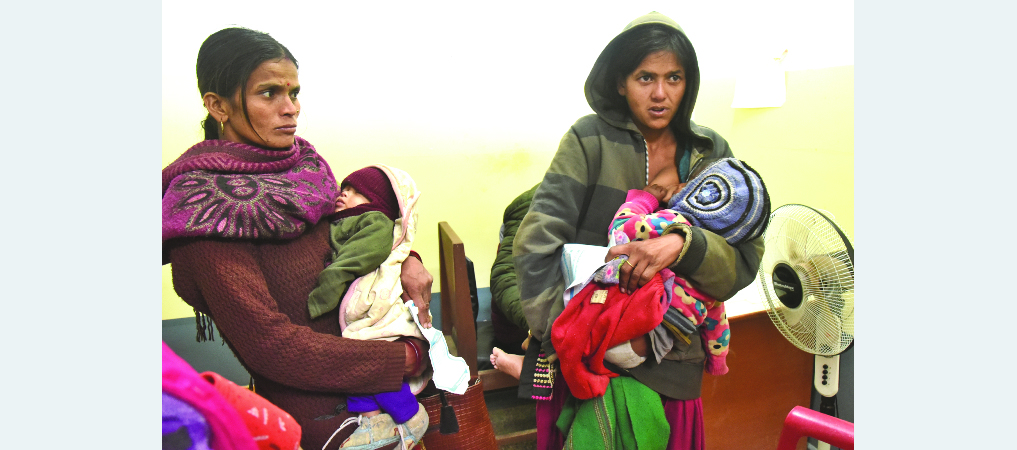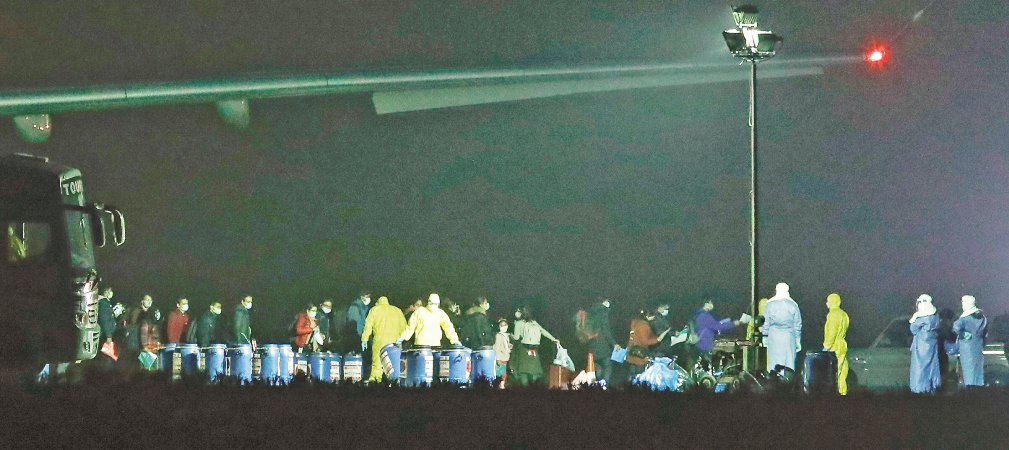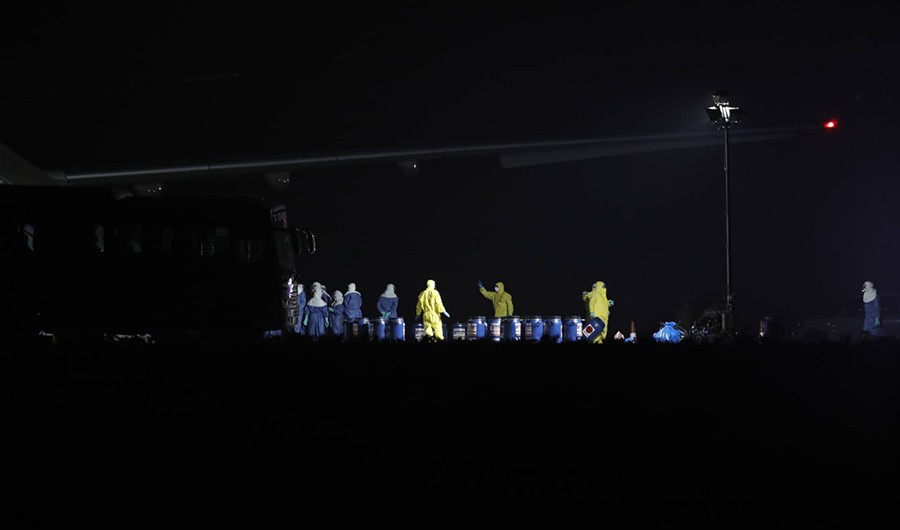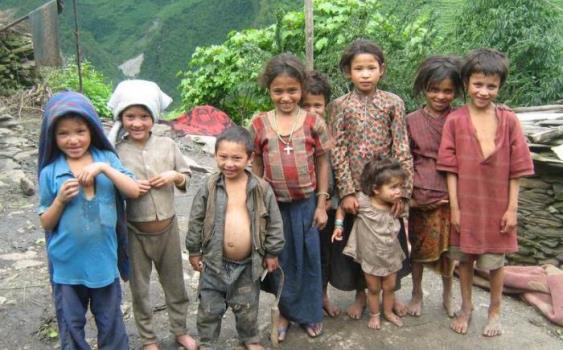‘Bridge the knowledge gap to better kidney health’

By Ajita Rijal
Kathmandu, Mar. 10: Hari Rokaya, 43, of Ramechhap district, who has been working as a taxi driver, has his both kidneys damaged.
He has been receiving dialysis service for the last two-and-half years. He said that he was not undergoing transplantation because he had yet to find a potential donor.
Rokaya is among the many breadwinners of a family who suffer from renal failure. According to doctors, hypertension, diabetes, glomerulonephritis, obesity, and family history of kidney diseases are major risk factors for chronic kidney disease.
“I was suffering from high blood pressure but was not aware that I had to take medicine,” said Rokaya. “If I had taken medication for high blood pressure, there was no chance of my kidney failure,” he lamented.
Continuing the dialysis despite free services provided by the government is a hassle for me, he added.
According to doctors, patients of kidney failure are recommended to undergo dialysis for only two years. This is the time for patients to find the potential donors. Patients are suggested to get transplantation as a treatment to lead a normal life.
“Providing free dialysis service is not a permanent solution. Instead it adds economic burden to the government,” said Dr. Prem Raj Gyawali, neurologist and kidney transplant expert at the TUTH. “The number of patients opting for dialysis would increase if the government provides service free of cost.”
Many patients do not want transplantation because they are receiving free dialysis service, he added.
The concerned authorities must make policies of free dialysis for certain period and should encourage renal failure patients to opt for transplant and launch awareness to prevent kidney diseases, said Dr. Gyawali.
According to the estimation of the World Health Organisation, 10 per cent of total population suffer from renal problems, 30,000 are in the final stage of kidney failure and among them 3,000 people suffer from kidney failure every year in Nepal.
As a basic health package, the government has established laboratories at the health post level offering free kidney functioning tests, said Dr. Dipendra Raman Singh, director general at the Department of Health Services.
Primary health sector should advocate for health literacy among the public to make them aware about their basic health, he added.
Dr. Dibya Singh Shah, a senior Nephrologist, suggested concerned authorities to invest more in preventive measures than in the curative part.
Dr. Shah said that preventive measures, motivating for healthy lifestyle and timely health checkups for early detection of the disease could go a long way in keeping kidney diseases at bay.
Launching awareness campaigns and health checkup camps would cost nominal as compared to the treatment cost of renal patients, said Dr. Shah.
Data and registry system is very essential to understand the burden of disease, which would help in policymaking, she added. World Kidney day is commemorated every second Thursday of March and this year, it is celebrated with the theme ‘Bridge the knowledge gap to better kidney health’.
Recent News

Do not make expressions casting dout on election: EC
14 Apr, 2022
CM Bhatta says may New Year 2079 BS inspire positive thinking
14 Apr, 2022
Three new cases, 44 recoveries in 24 hours
14 Apr, 2022
689 climbers of 84 teams so far acquire permits for climbing various peaks this spring season
14 Apr, 2022
How the rising cost of living crisis is impacting Nepal
14 Apr, 2022
US military confirms an interstellar meteor collided with Earth
14 Apr, 2022
Valneva Covid vaccine approved for use in UK
14 Apr, 2022
Chair Prachanda highlights need of unity among Maoist, Communist forces
14 Apr, 2022
Ranbir Kapoor and Alia Bhatt: Bollywood toasts star couple on wedding
14 Apr, 2022
President Bhandari confers decorations (Photo Feature)
14 Apr, 2022



